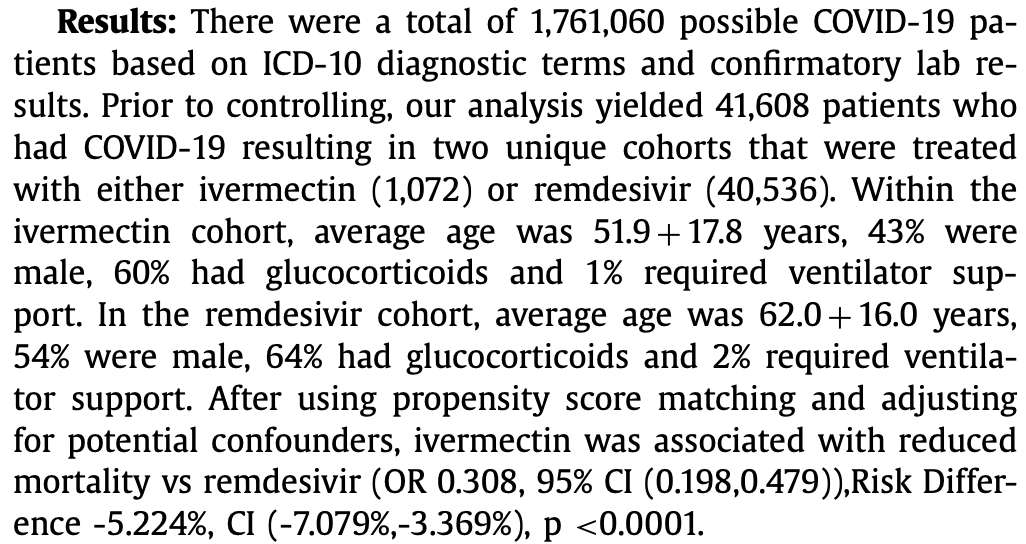Development of Duplex and Multiplex Reverse Transcription Loop Mediated Isothermal Amplification (RT-LAMP) Assays for Clinical Diagnosis of SARS-COV-2 in Sri Lanka
M Hewadikaram, K Perera, K Dissanayake, M Ramanayake, S C Isurika, A Panch, A Jayarathne, P Pushpakumara, N Malavige, C Jeewandara, S D N K Bathige, A M Mubarak
International Journal of Infectious Diseases, doi:10.1016/j.ijid.2021.12.095
Purpose: Despite the rollout of several vaccines targeting SARS-CoV-2, attainment of near-universal vaccination is a challenging task, particularly for low-and middle-income nations such as Sri Lanka. Rapid, reliable diagnostics for the detection of the virus is of vital importance for the predominantly export-and tourismbased economy of the country. Herein, we report the development of a RT-LAMP assay as an alternative to the gold-standard RT-qPCR method for diagnostic laboratories in Sri Lanka in a cost-effective and highly reliable manner. Methods & Materials: About 313 nasopharyngeal and oropharyngeal samples from the community were collected and subjected to RNA purification and subjected to simultaneous RT-qPCR and RT-LAMP experiments by using previously published primers in a thermocycler. Duplex (containing N and E gene primers) and multiplex (containing N, E and ORF1ab gene primers) RT-LAMP assay results were compared with standard RT-qPCR results using an agreement attribute statistical test. The effect of guanidine hydrochloride was also analyzed. Results: The limit of detection for the duplex assay was found to be 10 copies μL-1 at a constant temperature of 63 °C, and 5 copies μL-1 for multiplex assays at 66.4 °C. Both types of RT-LAMP assay were specific only for the SARS-COV-2 virus, successfully distinguishing it from multiple other human viruses. Attribute agreement analysis between duplex-and multiplex RT-LAMP vs RT-qPCR yielded 93% and 96.5% scores, respectively. Moreover, both RT-LAMP assays showed 100% agreement with RT-qPCR when Ct was < 25 in positive samples and showed 100% (duplex) or 97.22% (multiplex) at 35 ≥ Ct ≥25. The discrepancy between agreements at higher Ct values was attributed to the higher sensitivity of the multiplex RT-LAMP assay. The addition of guanidine hydrochloride increased the sensitivity and decreased detection time significantly for both the duplex and multiplex assays. Conclusion: Overall, we have demonstrated a potentially rapidly deployable diagnostic test kit not only for widespread community use but particularly for high-risk locations such as ports of entry or manufacturing facilities to mitigate the effects of the SARS-CoV-2 virus in Sri Lanka.
DOI record:
{
"DOI": "10.1016/j.ijid.2021.12.096",
"ISSN": [
"1201-9712"
],
"URL": "http://dx.doi.org/10.1016/j.ijid.2021.12.096",
"alternative-id": [
"S1201971221009887"
],
"author": [
{
"affiliation": [],
"family": "Efimenko",
"given": "I.",
"sequence": "first"
},
{
"affiliation": [],
"family": "Nackeeran",
"given": "S.",
"sequence": "additional"
},
{
"affiliation": [],
"family": "Jabori",
"given": "S.",
"sequence": "additional"
},
{
"affiliation": [],
"family": "Zamora",
"given": "J.A. Gonzalez",
"sequence": "additional"
},
{
"affiliation": [],
"family": "Danker",
"given": "S.",
"sequence": "additional"
},
{
"affiliation": [],
"family": "Singh",
"given": "D.",
"sequence": "additional"
}
],
"container-title": [
"International Journal of Infectious Diseases"
],
"content-domain": {
"crossmark-restriction": false,
"domain": []
},
"created": {
"date-parts": [
[
2022,
2,
28
]
],
"date-time": "2022-02-28T23:44:22Z",
"timestamp": 1646091862000
},
"deposited": {
"date-parts": [
[
2022,
2,
28
]
],
"date-time": "2022-02-28T23:44:22Z",
"timestamp": 1646091862000
},
"indexed": {
"date-parts": [
[
2022,
3,
1
]
],
"date-time": "2022-03-01T00:14:48Z",
"timestamp": 1646093688074
},
"is-referenced-by-count": 0,
"issn-type": [
{
"type": "print",
"value": "1201-9712"
}
],
"issued": {
"date-parts": [
[
2022,
3
]
]
},
"language": "en",
"license": [
{
"URL": "https://www.elsevier.com/tdm/userlicense/1.0/",
"content-version": "tdm",
"delay-in-days": 0,
"start": {
"date-parts": [
[
2022,
3,
1
]
],
"date-time": "2022-03-01T00:00:00Z",
"timestamp": 1646092800000
}
},
{
"URL": "http://creativecommons.org/licenses/by-nc-nd/4.0/",
"content-version": "vor",
"delay-in-days": 0,
"start": {
"date-parts": [
[
2021,
12,
12
]
],
"date-time": "2021-12-12T00:00:00Z",
"timestamp": 1639267200000
}
}
],
"link": [
{
"URL": "https://api.elsevier.com/content/article/PII:S1201971221009887?httpAccept=text/xml",
"content-type": "text/xml",
"content-version": "vor",
"intended-application": "text-mining"
},
{
"URL": "https://api.elsevier.com/content/article/PII:S1201971221009887?httpAccept=text/plain",
"content-type": "text/plain",
"content-version": "vor",
"intended-application": "text-mining"
}
],
"member": "78",
"original-title": [],
"page": "S40",
"prefix": "10.1016",
"published": {
"date-parts": [
[
2022,
3
]
]
},
"published-print": {
"date-parts": [
[
2022,
3
]
]
},
"publisher": "Elsevier BV",
"reference-count": 0,
"references-count": 0,
"relation": {},
"score": 1,
"short-container-title": [
"International Journal of Infectious Diseases"
],
"short-title": [],
"source": "Crossref",
"subject": [
"Infectious Diseases",
"Microbiology (medical)",
"General Medicine"
],
"subtitle": [],
"title": [
"Treatment with Ivermectin Is Associated with Decreased Mortality in COVID-19 Patients: Analysis of a National Federated Database"
],
"type": "journal-article",
"volume": "116"
}
